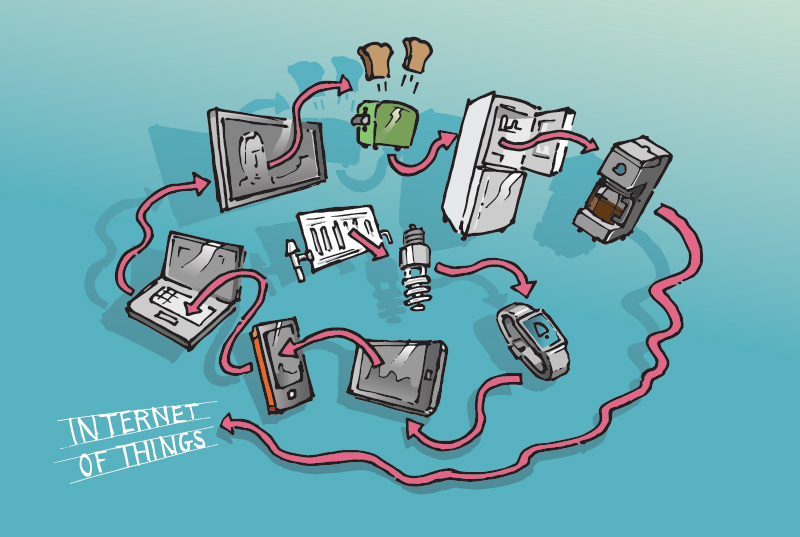The frenetic activity, speculation, discussion and development that surrounds the Internet of Things (IoT) makes it difficult to comprehend the future vision, players, market and realities of this unfolding space. The engagement and business models will only become actionable and attainable when a consensus is developed around best practices and frameworks that will support IoT.
Pravin Kulange, Co-Founder at Adeptus Technology Consulting, proposes that the real value for end users of the IoT is developing a unifying standard to connect the many silos that currently exist for handling information. According to Kulange, the appropriate solution will require “a specification, a middleware product or some OS features, but it has to be open for everybody.” Kulange lists other key factors that are necessary for driving mass adoption of the standard, including low cost and energy efficient hardware, infrastructure in the form of cloud and big data technologies, pervasive wireless networks, and mobile devices.
In part because of the ongoing progress in infrastructure, Kulange points out that “this challenge also offers a big opportunity for those who are willing to bridge the gap.” In his recent article, Need of Standards in the Internet of Things, Kulange highlights the two main pillars of research that are addressing these challenges of connectivity:
- Proximal Connectivity, related to geographic localities and short range protocols, is an area of focus by Google’s Thread protocol, Qualcomm and The Linux Foundation’s AllSeen Alliance, Intel’s Open Interconnect Consortium, as well as 6LoWPAN, IEEE IoT, and IIC.
- Wireless Wide Area Connectivity is concerned with longer-range and mobile technologies, and is a primary focus of telecommunications players like the ITU, ETSI, and China Mobile, which is launching many M2M projects in anticipation of IoT. Kulange also indicates some emerging technology in this field around energy development cost and quality.
While Kulange asserts that we’ll just have to wait until the development of these standards start to reveal clear winners, the challenge of creating the most valuable standard represents a significant, global participation opportunity.
As the standards world seeks to build the frameworks and standards that will best support IoT, adherence to the OpenStand Principles will be critical. The five fundamental principles of standards development, including due process, broad consensus, transparency, balance and accessibility, will help ensure standards supporting the IoT benefit humanity.

